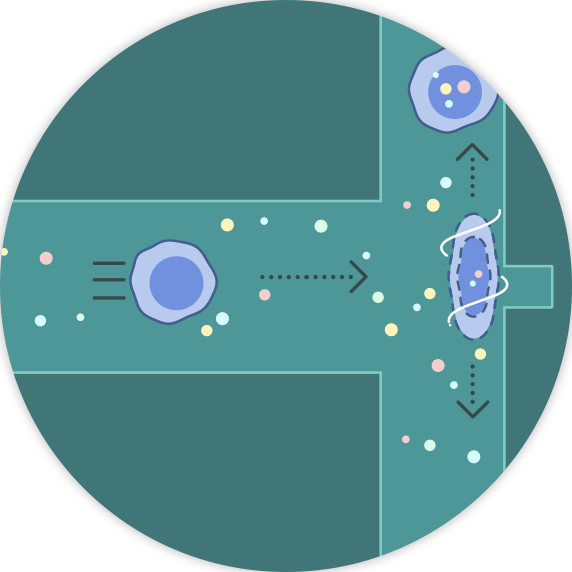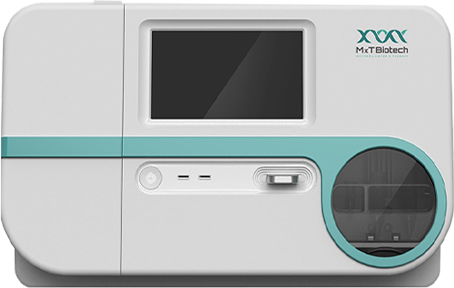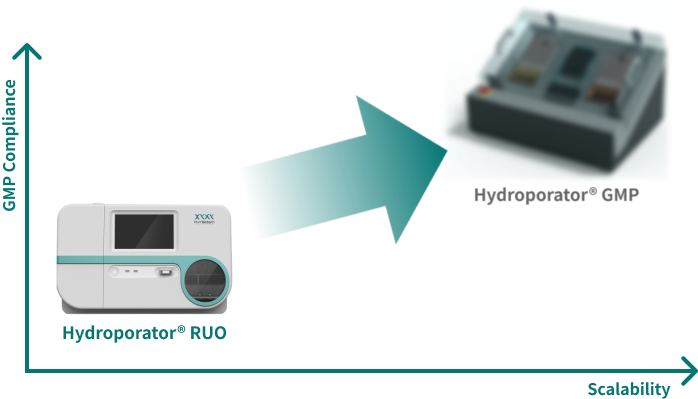
OUR TECHNOLOGY
HYDROPORATOR®
Hydroporator® is a non-viral microfluidic platform for highly effective delivery of external cargos such as plasmid DNA, mRNA, proteins, CRISPR-Cas9 RNPs, and nanoparticles into primary cells. The Hydroporator® technology enables high delivery efficiency, easy operation, low cost, high scalability, minimal cell perturbation (i.e., preserved cell function and viability), and cell type/cargo insensitive delivery. Hydroporator® is free from the challenges from viral transduction, lipofection and electroporation, establishing a new avenue to accelerate cancer immunotherapy, cellular engineering and genome editing.


Updates
Ready to innovate with us? Get in touch!
We are ready to take your research further!


